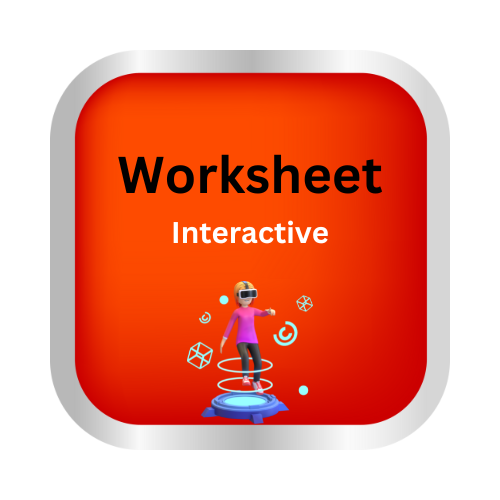Use words accurately and precisely
Key Notes:
Why Word Choice Matters
Words are the building blocks of communication. Choosing the right words can make all the difference in how your message is understood. Using words accurately and precisely helps you:
- Express yourself clearly: Avoid confusion and ambiguity.
- Engage your audience: Make your writing more interesting and impactful.
- Demonstrate understanding: Show that you grasp the nuances of the topic.
- Strengthen your writing: Improve the overall quality and effectiveness of your communication.
| Accuracy vs. Precision |
It’s important to understand the difference between accuracy and precision when it comes to word choice. They aren’t quite synonyms!
- Accuracy: Using a word that is generally correct in its meaning. Think of it as being close to the right answer.
- Precision: Using a word that is exactly right for the context and conveys the intended meaning with great clarity. Think of it as hitting the bullseye!
While accuracy is good, precision is even better. Aim to be as precise as possible in your writing.
| Example of Accuracy vs. Precision: Accurate: The man was sad. Precise: The man was despondent. While ‘sad’ is accurate, ‘despondent’ provides a more specific and nuanced understanding of the man’s emotional state. | Another Example: Accurate: She walked fast. Precise: She sprinted. or She sauntered. Depending on the meaning you want to convey, you can be more descriptive with your words. Sprinted provides the reader with the idea she was in a hurry, and Sauntered provides the idea that she may have been relaxed. |
| How Word Choice Affects Meaning |
The words you choose can dramatically alter the meaning and impact of your writing. Consider the following examples:
- Neutral: The politician spoke to the crowd.
- Positive: The politician inspired the crowd.
- Negative: The politician manipulated the crowd.
See how the verb changes the entire tone and interpretation of the sentence? Even seemingly small changes can have a big effect.
Similarly, consider the impact of using stronger, more descriptive adjectives and adverbs:
- Weak: It was a good book.
- Strong: It was a captivating novel.
The word “captivating” is much more evocative and tells the reader more about the book’s qualities.
| Tips for Choosing Words Accurately and Precisely |
Here are some practical tips to help you improve your word choice:
- Read Widely: The more you read, the larger your vocabulary will become. Pay attention to how authors use language effectively.
- Use a Thesaurus: A thesaurus can help you find synonyms with slightly different shades of meaning. However, be careful! Always double-check the definition to make sure the synonym fits the context.
- Consider Your Audience: Who are you writing for? Adjust your language to suit their level of understanding.
- Be Specific: Avoid vague or general words. Choose words that are clear and precise.
- Revise and Edit: Take the time to review your writing and look for opportunities to improve your word choice. Ask yourself: Is this the best word for the job?
- Use a Dictionary: If you’re unsure of a word’s meaning, look it up! A dictionary will provide you with a definition and examples of how the word is used.
- Practice, Practice, Practice: The more you write, the better you’ll become at choosing the right words.
| Next Steps |
Now that you’ve learned about using words accurately and precisely, put these tips into practice! Try the following:
- Vocabulary Building: Learn 5 new words each week and actively use them in your writing.
- Synonym Challenge: Rewrite a paragraph, replacing weaker words with stronger, more precise synonyms.
- Peer Review: Ask a classmate to review your writing and provide feedback on your word choice.
Let’s practice!

